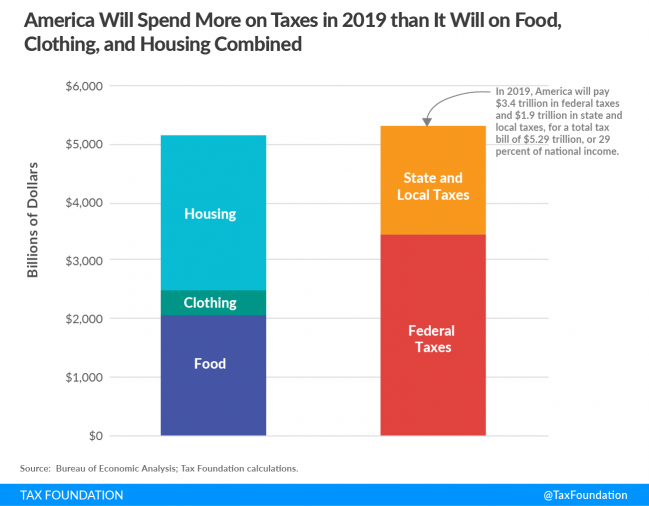
Lower Taxes + Less Government = More Freedom


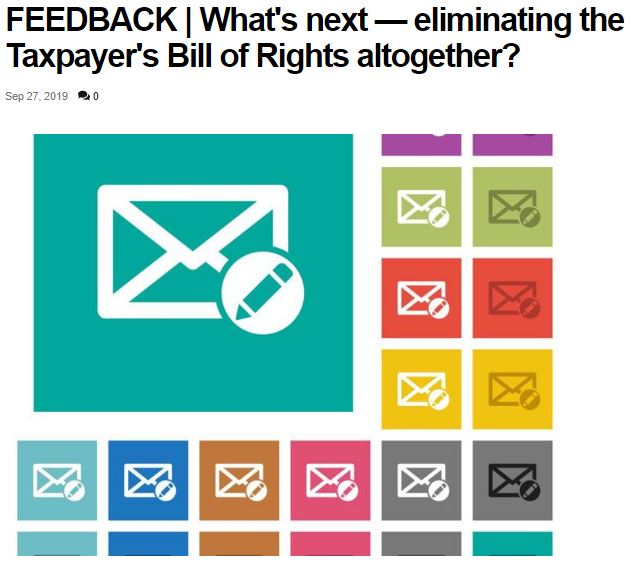
The rising costs of Gov. Jared Polis’ full-day kindergarten program is part of an estimated $100 million in additional costs lawmakers will need to cover
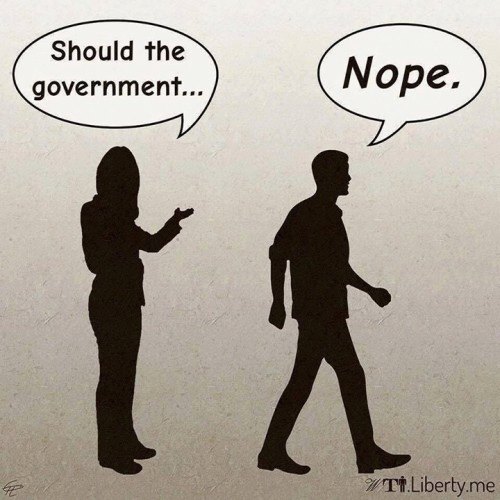
If you’re in the Colorado Springs area, join Paul Prentice as he’s speaking on the Taxpayer Bill of Rights (TABOR) and Referendum CC
at Church For All Nations (CFAN)
6540 Templeton Gap Rd, Colorado Springs, CO 80923
Tuesday, October 8 from 7:00-9:00 pm
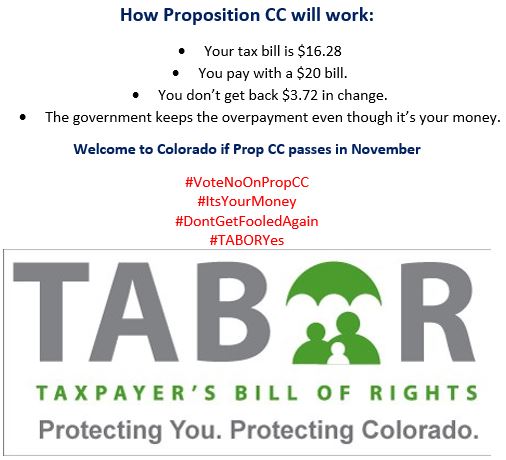
“In November 2018, the TABOR Foundation joined the Colorado Union of Taxpayers and others in filing a “friend-of-the-court” brief. The lawsuit was brought by the National Federation of Independent Business against the Colorado Secretary of State. The issue was about whether the fees charged by that government department are excessive and used to cover government activities that should be funded by general fund taxes.
Jim Manley, the attorney who represented the TABOR Foundation et al, commented on the substance and importance of our brief: “(On September 23) the Colorado Supreme Court issued a narrow ruling against NFIB in its TABOR challenge to the Secretary of State’s business licensing “fees.” The Court’s narrow ruling sidestepped the two issues we addressed in our amicus brief: (1) the proper standard of review for constitutional challenges and (2) the definition of fees vs. taxes. The Court ruled that the business licensing fees were authorized before TABOR’s enactment and—despite changes to the fees since TABOR—the fees were therefore not subject to TABOR’s prospective limits. The ruling reinstates the trial court’s summary judgment in favor of the Secretary of State and likely ends the case.”
The TABOR Foundation chairman observed, “This narrow ruling does little mischief to the Taxpayer’s Bill of Rights,” said Penn Pfiffner. He continued, “The Court could have, and should have, used the opportunity to honor the TABOR mandate to rule such that the outcome ‘reasonably restrain(s) most the growth of government’.”
To read the Summary Judgement opinion, click (HERE):
To read the Amicus from the Colorado Supreme Court website, please click (HERE):
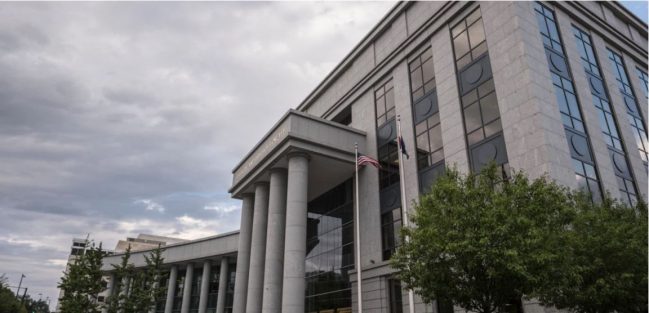
NFIB filed a lawsuit five years ago arguing that fees levied by the secretary of state’s office violated the Taxpayer’s Bill of Rights. The ruling left them unsatisfied.

